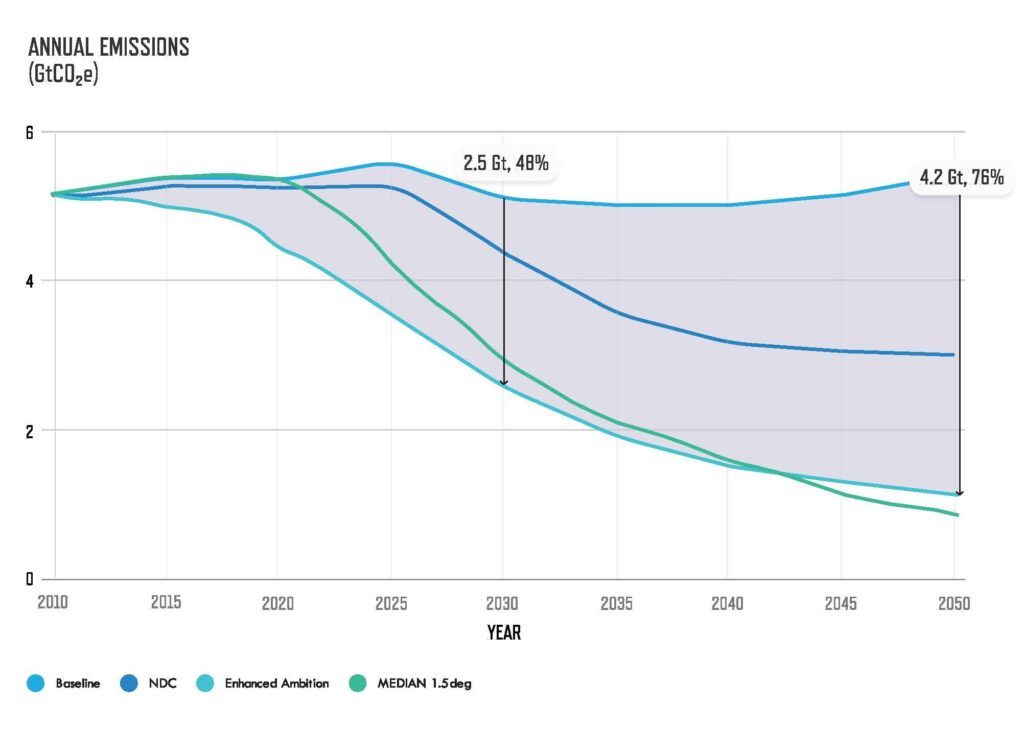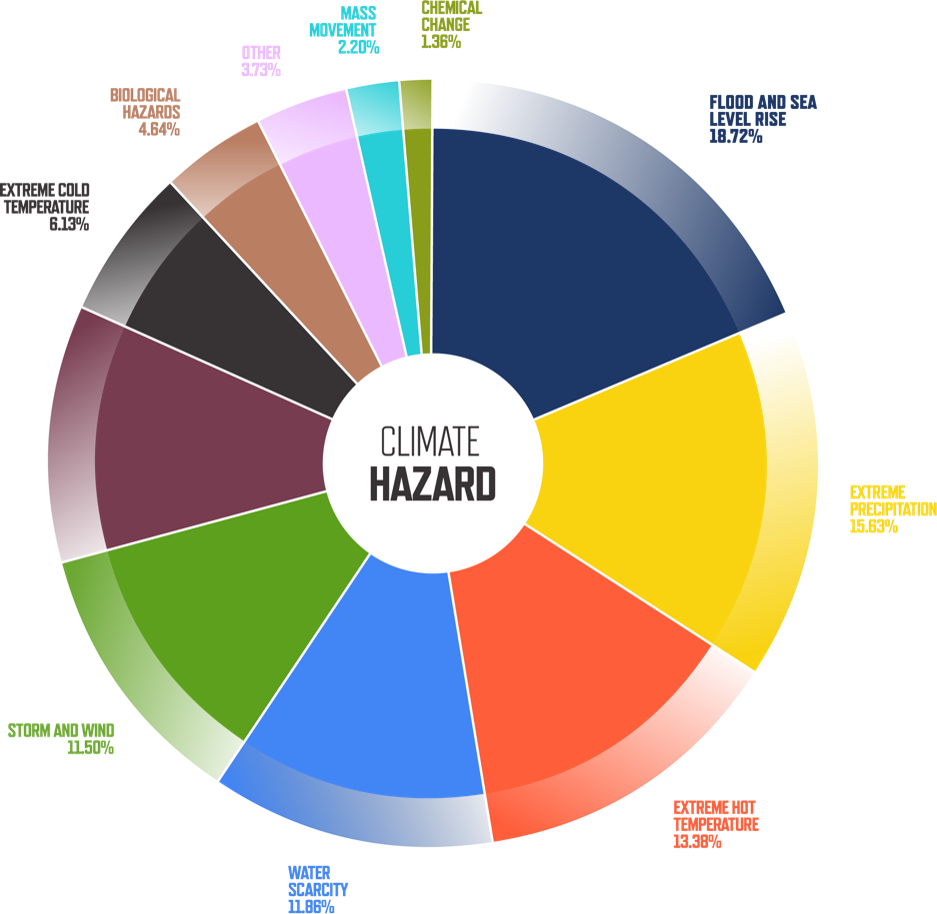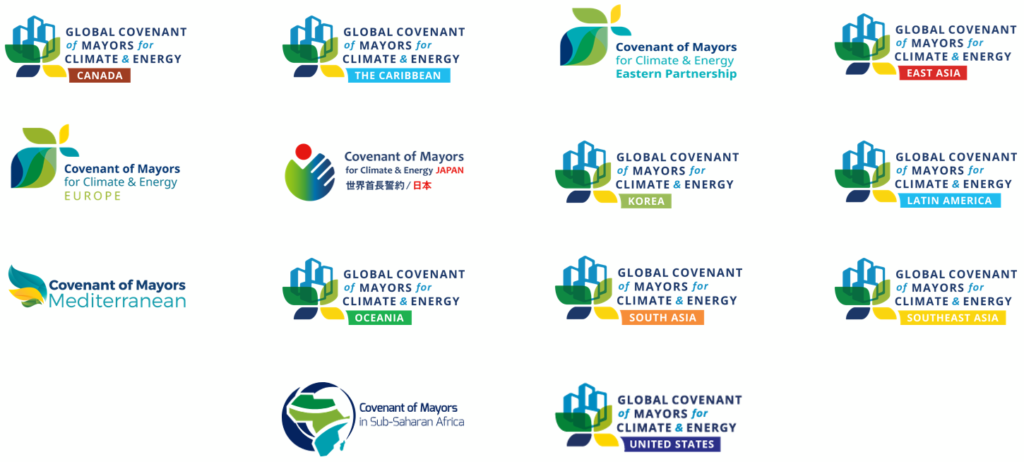The Global Covenant of Mayors for Climate & Energy (GCoM) is the world’s largest alliance for city climate leadership with over 13,500 signatories, across the world. Over 1.2 billion people – one person in every seven – lives in a city or local government that has that is committed to GCoM.
Cities across the world are committed to tackling climate change, but they need the funding and finance to succeed – as much as €4.08 trillion annually to reduce their greenhouse gas emissions enough to limit global warming to a 1.5°C increase. Such investments can unlock huge gains through green jobs, boosting the clean tech industry, and improving health outcomes, along with many more co benefits.
Cities have demonstrated that their engagement is fundamental to shifting the global climate outlook.
This year’s GCoM Impact Report shares key city climate insights, and the major hurdles that cities face in engaging with forms of climate finance to make a difference locally and globally. Support for cities in the form of funding and financing to tackling climate change is essential, as is technical support to enhance local governments’ capacity to leverage their budgets more effectively.
Based on current targets and actions, GCoM cities and local governments could collectively reduce global emissions by the equivalent of 4.2 GtCO2 annually by 2050 compared to a business-as-usual trajectory. That’s the equivalent to taking almost 1 billion petrol-powered cars off the road per year.

Given the European Investment Bank recommendation for the shadow cost of carbon in 2050, €800 per tonne, that reduction comes out at a value of €3.36 trillion in that year alone.
The Cost of Inaction
Floods and extreme rainfall are among the most frequently reported climate hazards, with cities worldwide experiencing severe damage. As of 2024, 2,214 cities and local governments reported flooding or sea-level rise as one of their top hazards, while 2,122 cited extreme rainfall. The economic costs of such events are substantial – amounting to €15 million per hour according to one study. Without action, climate change could lead to cumulative losses of 16-22% of global GDP by 2100.

Calls to Action
Multilateral development banks, international finance institutions, and development financial institutions
- Collaborate with cities and mainstream climate considerations across operations.
- Provide concessional finance, technical support, private investment mobilization, and improved lending through intermediate bodies.
National Governments
- Collaborate with cities, provide concessional funding for climate projects, and adapt funds to address urban needs.
- Reform policy to empower local governments with fiscal autonomy and technical capacity to access climate finance.

AN ALLIANCE DRIVEN BY THE EFFORTS OF REGIONAL AND NATIONAL COVENANTS

Commit to the Global Covenant of Mayors for Climate and Energy
GCoM cities are united in their shared goals to increase access to renewable, clean energy, build healthy environments, and promote initiatives and best practices that will accelerate the fight against climate change. Together, we will show the collective impact of cities and local governments, and be a force in realizing our vision to achieve a sustainable future.